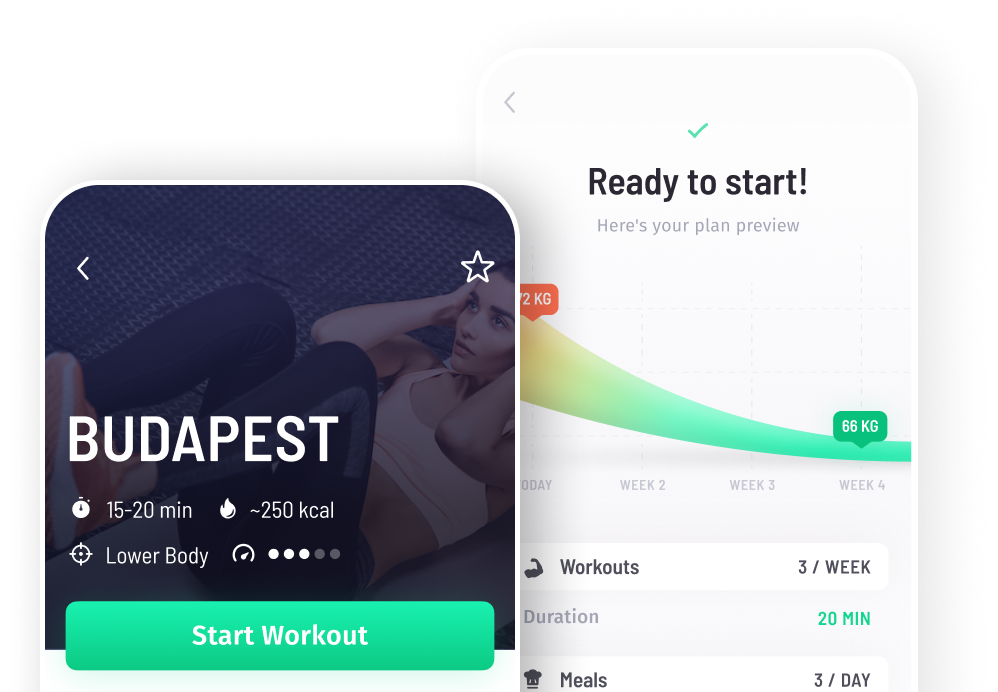Are you wondering, ‘how many calories should I eat a day’? Figuring out how your calorie intake impacts your health can be tricky, as it is not ‘one size fits all’ nor is it consistent day-by-day. So let’s start by considering calories at their most basic definition.
What are calories?
‘Calories’ is a dietary term that refers to the amount of energy that a food provides. So when you think of ‘calories’, think of ‘energy’.
The calories that we consume are determined by the foods we eat and the beverages we drink, as well as how much we eat and drink. How and when we consume calories can also make a difference, as the body uses energy differently at different times of the day. For example, if you eat a high calorie snack before bedtime due to stress, your body is experiencing high cortisol levels from the stress and the snack is making your digestive system work when it was all ready to wind down for the night. This means that the energy consumed is most likely not properly being used.
On the one hand, if you eat more calories than you need for the day, this is what leads to weight gain, etc. On the other hand, if you do not eat enough calories for the day, you did not fuel your body with the ‘energy’ that it needed.
What are calories used for?
Energy, or calories, is needed for the human body to function and be alive. Over 20% of consumed energy is used for brain metabolism. Most of the rest of the energy contributes towards the basal metabolism (energy used in a resting state), which requires energy to circulate blood, digest foods, and breathe.
So now that we understand what calories are, let’s consider the following question:
How many calories should I eat per day?
To start, men and women should take in a different number of calories per day.
How many calories should a man eat a day
According to the 2015-2020 Dietary Guidelines for Americans, men are likely to need between 2,000 to 3,000 calories a day.
How many calories should a woman eat per day
According to the 2015-2020 Dietary Guidelines for Americans, women are likely to need between 1,600 to 2,400 calories a day. This, however, is just a baseline. The recommended calorie intake is then further tailored to the individual by considering age, size, height, lifestyle, overall health, and activity level. Each unique individual can calculate their recommended calorie intake by considering these factors, primarily the activity level.
A person’s metabolic rate, for example, slows down with age so their ‘energy’ (calories) need is reduced. So how many calories should you eat a day? There’s a calculation for that!
How to calculate calories needed
The American Dietetic Association (ADA) has shown in numerous studies that the most accurate way of estimating calorie needs is by using the Mifflin-St Jeor equation.
So instead of wondering ‘how many calories do I need’ and eyeballing it, calculate it by using the Miffin-St Jeor formula!
For this formula, first begin by understanding what your basal metabolic rate (BMR) is. Your BMR will tell you how the bare minimum or baseline of energy you need to function. In other words, if you were in a sedentary state for 24 hours, this would be about how many calories you would burn.
- For men, the equation is as follows: 10 x weight (kg) + 6.25 x height (cm) – 5 x age (y) + 5.
- For women, the equation is as follows: 10 x weight (kg) + 6.25 x height (cm) – 5 x age (y) – 161.
Now, you have your BMR.
Remember that this number is without any activity, so now it is time to add in the activities you do that burn energy throughout the day. This doesn’t need to be targeted physical activity, such as a yoga session or gym routine, either. It can simply be walking to the fridge!
You can use a tailored formula, found here, to calculate your recommended calories consumption for the day, all depending your amount of activity.
[table id=1 /]
So once you have a baseline of what foods are high in calories as well as which foods and how much food best fuels your body, you can use this knowledge to live your healthiest life. For many, this means listening to your body, making sure that you get enough calories for the amount of activity that you do per day, and not stressing over counting calories.It is important to note that it can be easy to get caught up in counting calories.
It is a simple matter of thinking of food as fuel and nourishment, and consuming what you need to in order to sustain a healthy life.
Did you enjoy this article? Share it!

